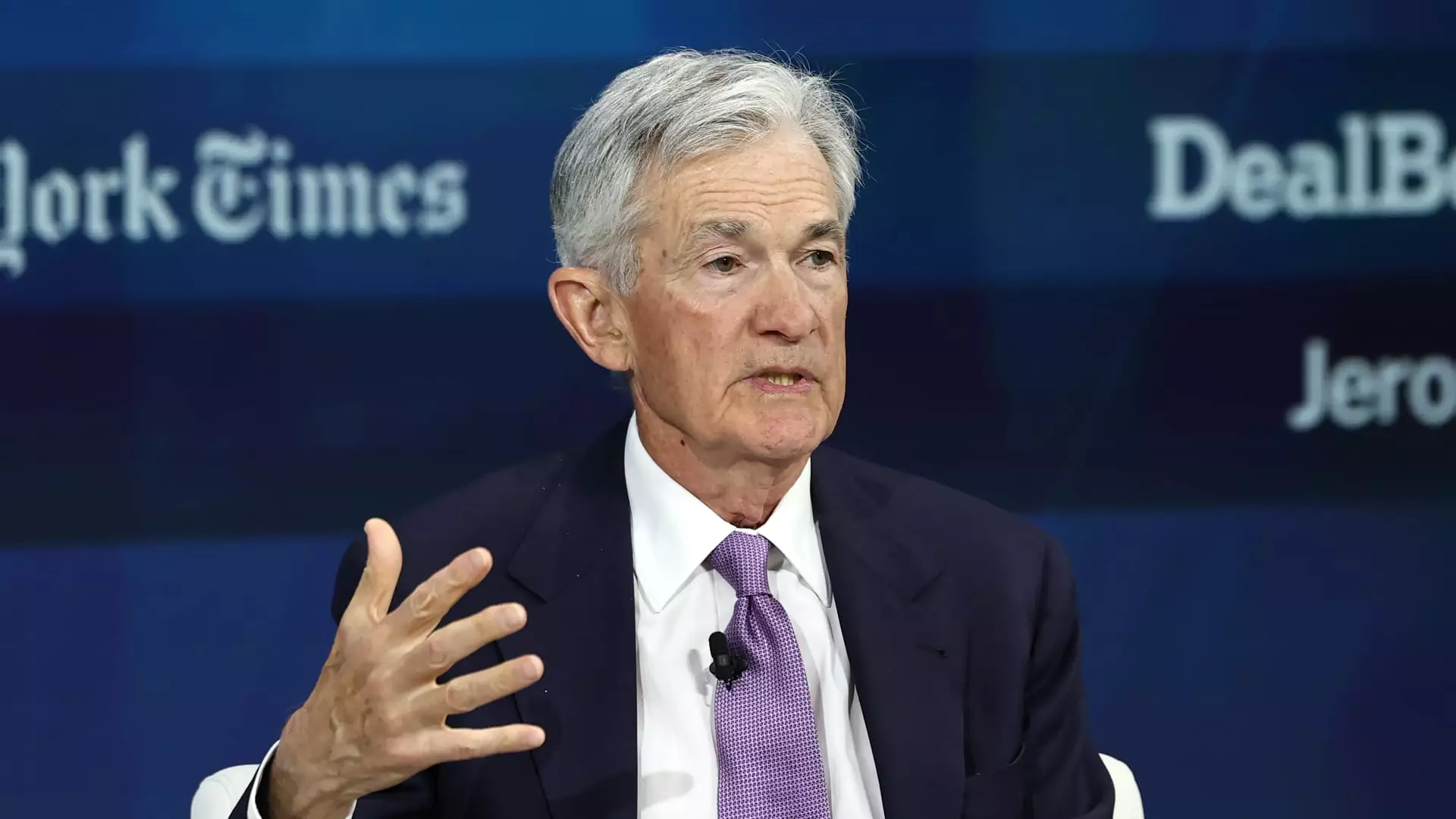The discussion surrounding the independence of the Federal Reserve has intensified in recent years, influenced heavily by the political climate and the statements of prominent political figures. At the forefront of this discourse is the concern that external political pressures could compromise the Fed’s ability to operate autonomously. This concern was highlighted in a recent statement by Federal Reserve Chair Jerome Powell, as he addressed rising apprehensions over President-elect Donald Trump’s potential influence on the central bank. The fear that Trump might politicize the Fed was sparked by suggestions he could install individuals sympathetic to his agenda to undermine Powell’s authority, often referred to as the notion of creating a “shadow chair”.
At its core, the Federal Reserve’s independence is designed to shield monetary policy from the whims of political cycles and party politics. Powell emphasized that true independence means the ability to make decisions that serve the broader economy without interference or fear of reversal by political figures. This essential tenet supports the Fed’s dual mandate: to achieve maximum employment and maintain price stability. It is a formidable challenge that requires the Fed to navigate complex economic landscapes while remaining detached from political considerations. The implication of Powell’s remarks is clear: maintaining this autonomy is critical not just for economic health but for a functioning democracy.
Despite frequent calls for more accountability from the political sphere, Powell reassured stakeholders that the legislative framework governing the Fed is robust enough to withstand political pressures. The current economic climate, often characterized by uneven recovery and inflationary pressures, demands that the Fed exercise caution when determining interest rates. Powell’s assertion that the U.S. economy is “the envy of other large economies” illustrates a delicate balancing act. The Fed must weigh the potential ramifications of easing monetary policy, as markets are increasingly anticipating rate cuts. The possibilities ahead include not just adjusting rates in response to domestic conditions but also considering global economic interdependencies that could influence decisions.
The relationship between the presidency and the Federal Reserve is not new. Throughout history, presidents from both parties have sought to influence Fed policy. However, Trump’s administration marked a particularly outspoken challenge to conventional norms surrounding this relationship. His public criticisms of the Fed and his calls for a more direct presidential role in setting interest rates were unprecedented in modern times. This backdrop raises an important question about how future administrations may approach the challenge of maintaining Fed independence. It is crucial for Congress and the American public to support the banking system’s autonomy, especially amidst potential pressures from elected officials.
In Powell’s discussion regarding potential threats to the Fed’s structure, he expressed optimism about the bipartisan support for preserving the Fed’s independence. This sentiment, conveyed during an interview at the DealBook Summit, suggests that Congressional backing remains strong for keeping monetary policy insulated from direct political influence. The path forward hinges on the willingness of legislators to prioritize long-term economic stability over short-term political gains. Given the complexities of modern economic challenges, such as inflation and global trade disputes, the Fed’s ability to act decisively without political meddling is essential.
The statements made by Powell regarding the independence of the Federal Reserve highlight critical issues that could define the future of U.S. monetary policy. The interplay between political goals and economic realities presents ongoing challenges that require careful navigation. Ensuring that the Fed remains a credible and independent authority is paramount for fostering public trust in economic governance. As the new administration takes office, all eyes will be on the Fed to see how it upholds its mission amid a potentially tumultuous political landscape. The stakes are high—not only for economic stability but for the very principles of governance that underpin the Federal Reserve’s existence.

